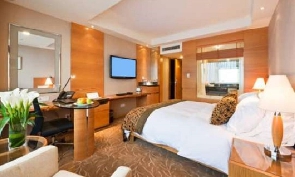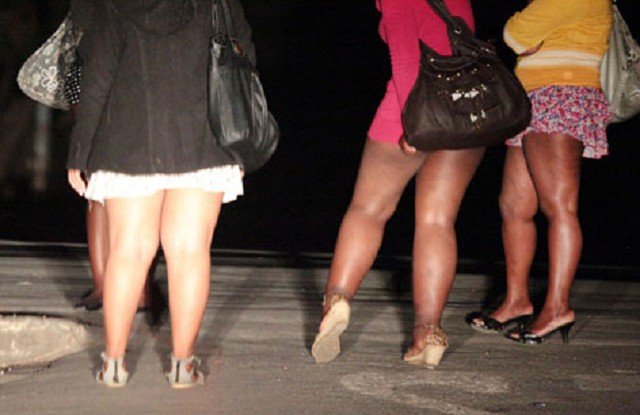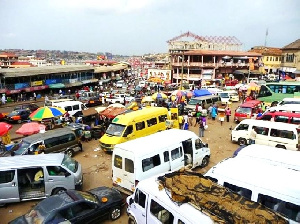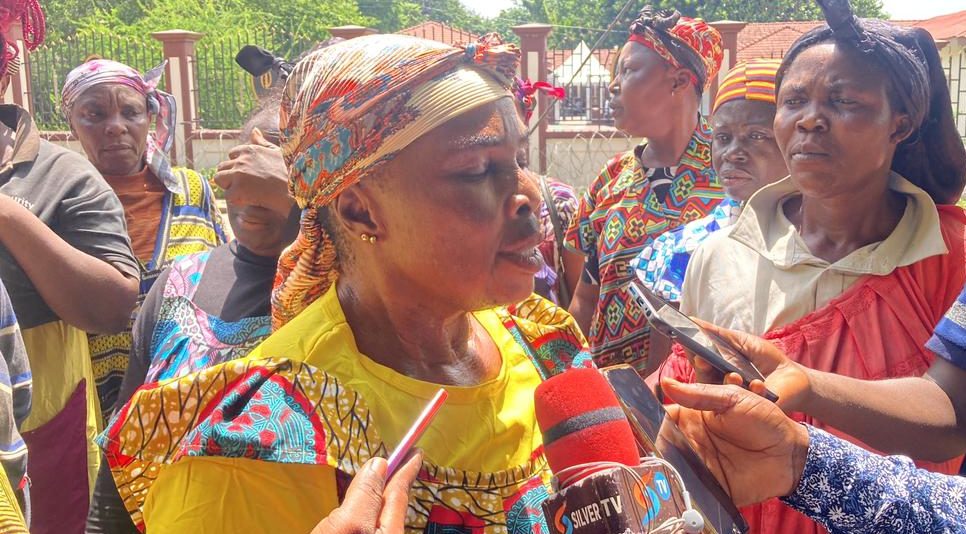Hotel rates likely to go up – GHA President hints

The President of the Ghana Hotels Association (GHA), Dr. Edward Achah-Nyameke Jnr., has hinted that hotel rates are likely to go up due to the country’s difficult economic conditions such as inflation and high lending rates, which have increased cost of borrowing
The upward review of hotel rates, according to him, is critical to continued survival of an industry that has suffered tremendously from the global health crisis brought on by the COVID-19 pandemic.
“If we want to stay in business, it means that customers will have to fund part of our operational cost. That’s basic business.
“So, we try as much as possible to stay within the comfortable profit margins; because without those profits we will be out of business…it’s not really a matter of making life uncomfortable for our guests, it’s a matter of using basic business principles to ensure we stay in business,” he told the Business and Financial Times on the sidelines of Airport View Hotel’s 20th-anniversary celebration.
Dr. Achah-Nyameke Jnr said to build resilience against the impacts of these factors, a range of trends including digitalisation, demand for increased quality of customer service, and related skills development are expected to drive the change.
The central bank last month announced the highest-ever policy rate hike in memorable history, aimed at slowing down inflation – which is creating a crisis for the country’s already struggling economy.
The BoG increased its main lending rate by 250 basis points to 17 percent, signalling an aggressive stance against the rising price of goods, plus a fast-depreciating currency that has dented investor confidence in the country.
The tourism and hospitality sector is a major driver of the Ghanaian economy. Projections for tourist receipts in the National Tourism Development Plan (2013 – 2027) show a rise from US$1.5billion in 2017 to US$2.5billion in 2022 and US$4.3bn in 2027.
The gross contribution of foreign exchange to GDP is also expected to rise from 5 percent in 2017 to 5.2 percent in 2022, and reach 5.7 percent by 2027 (ILO, 2020).
However, the COVID-19 pandemic exposed the sector to a range of external factors which have had adverse impacts on it.
The Ministry of Tourism, Arts and Culture (MoTAC) is already projecting a revenue of US$2.3billion for this year through local and international visitor arrivals.
The ministry indicated the target revenue is possible as it is anticipating one million international tourists this year, and 800,000 domestic visitor-turnouts to various attractions in 2022.
Tourism Minister Dr. Ibrahim Mohammed Awal, who earlier spoke to the Business and Financial Times, said the target is achievable as the country was able to make close to US$2billion revenue from the sector in 2021, despite it being the height of COVID-19.
“As part of its plans, the sector is making strides in creating about 150,000 jobs out of tourism and cultural activities this year,” he said.
Despite the ongoing global financial crisis and subsiding of COVID-19, the United Nations World Tourism Organisation (UNWTO) in its 2022 preliminary travel confidence report has said the recent rise in Omicron variant will temporarily disrupt travel recovery and affect confidence through early 2022.






